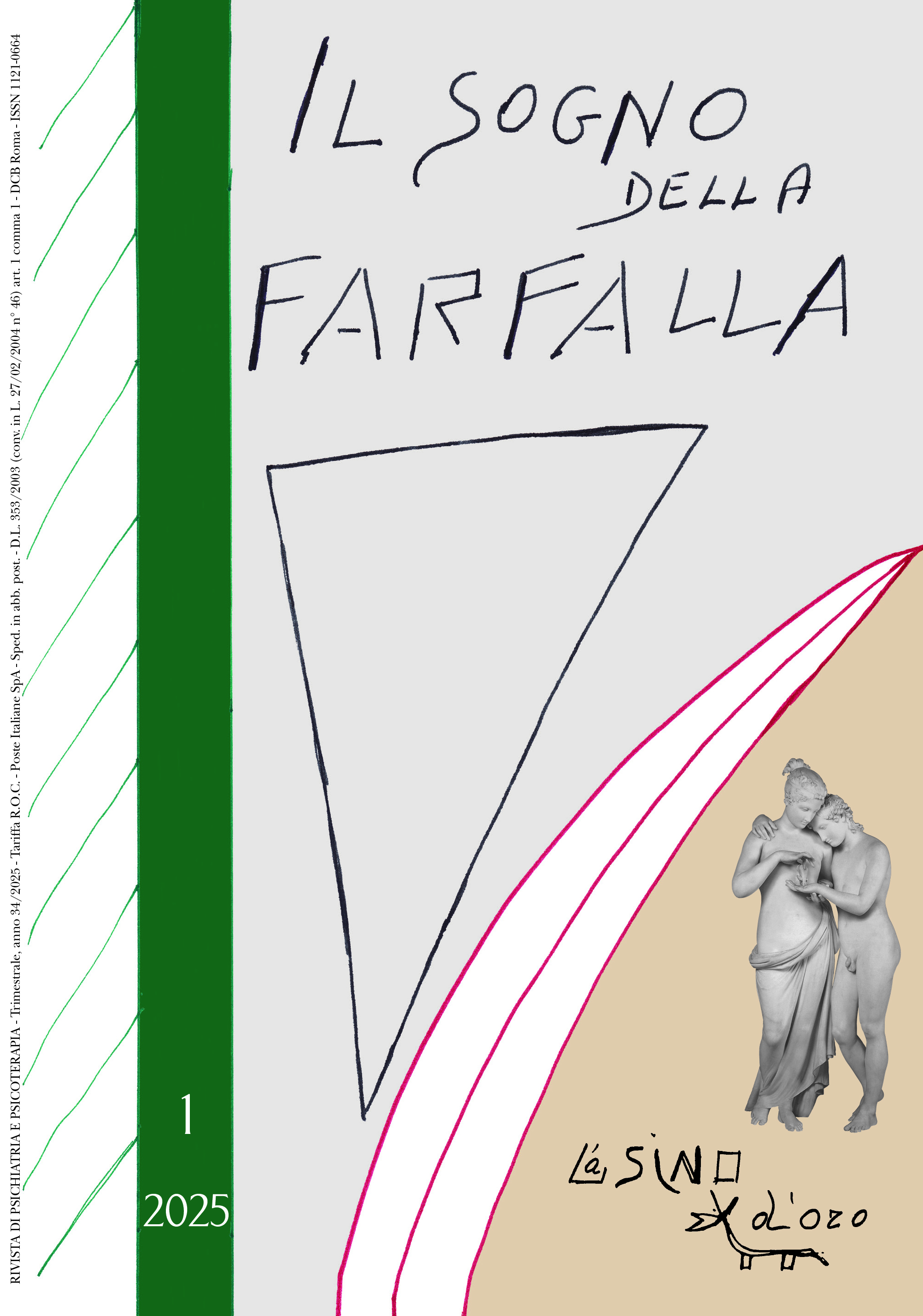Istinto di morte e conoscenza e la psicoterapia delle psicosi
Abstract
Death instinct and knowledge by Massimo Fagioli represents a significant contribution to psychiatric literature, stemming from original theoretical, clinical and therapeutic research. In
terms of its content, it diverges from traditional phenomenological approaches that remained at the descriptive level and from a psychopathology of consciousness according to Karl Jaspers’ classic framework, where the unconscious generative core of psychosis could not be identified or thought of as treatable. On the other hand, Fagioli distances himself from psychoanalytic pathogenetic conceptions, particularly the Jacksonian notion of regression. Specifically, the concept of primary narcissism, to which Freud believed the patients of dementia praecox regressed, prevented any therapeutic perspective on psychosis. Through a systematic revision and reformulation of the main psychoanalytic concepts, Fagioli refines his Human Birth Theory, making it possible to understand the genesis and development of early object relations and the role of instinctual dynamics within these relations. Fagioli’s research has been confirmed by new advancements in neuroscience, which, in recent decades, have shed new light on neurodevelopmental processes beginning in the
intrauterine environment.


